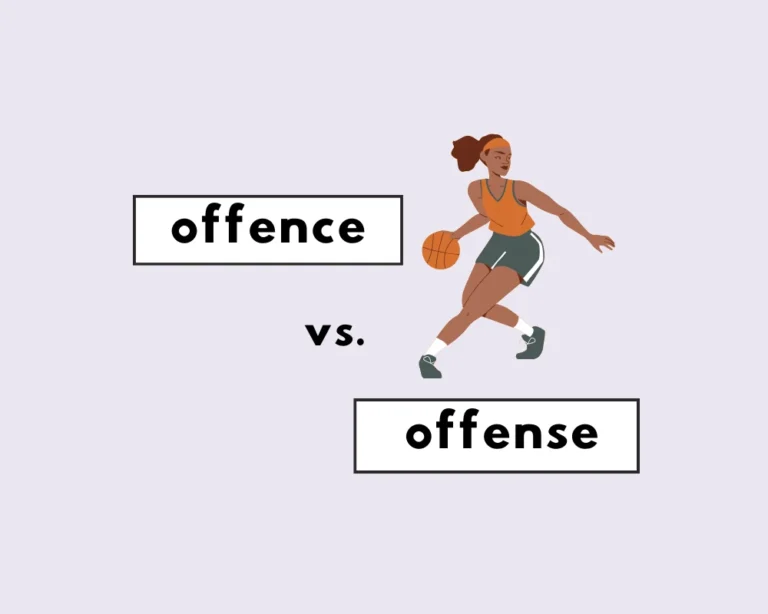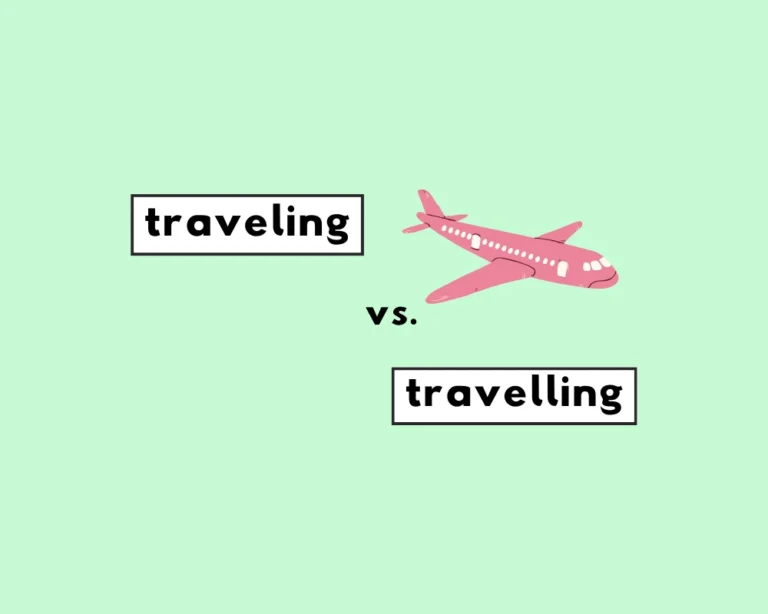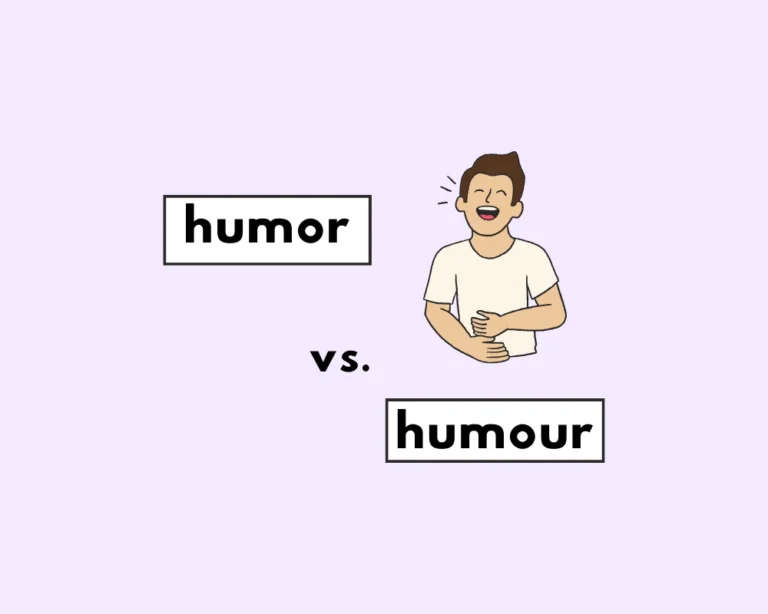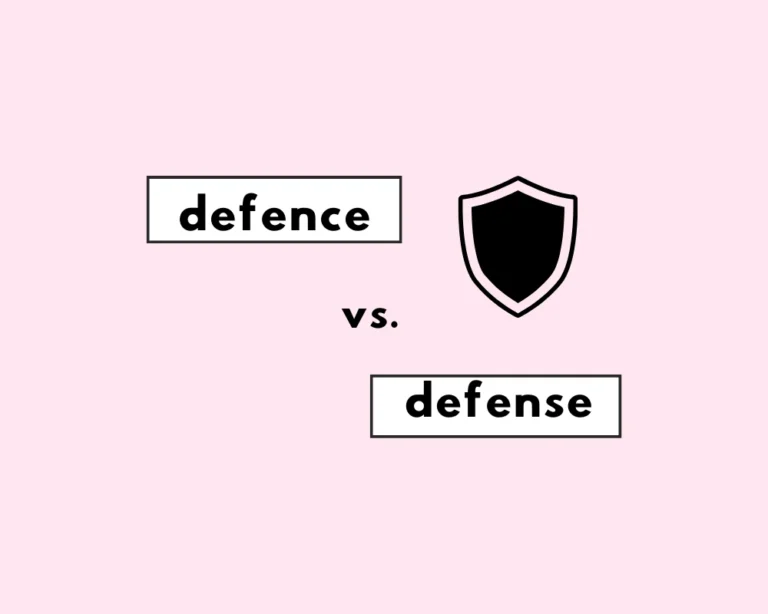
Analyze or Analyse? (Explained & Examples)
To analyze is a verb that means to “examine the nature or structure of something”; but should it be spelled analyze or analyse? Analyze vs.
Explore the breadths and depths of Grammarflex’s knowledge base, containing resources and comprehensive guides on pretty much everything you could want to know related to English grammar and writing.
Learn all about the main parts of speech, which (in case you forgot) comprises of verbs, nouns, adjectives, pronouns, adverbs, conjunctions, prepositions and interjections. Beyond the fundamentals of English grammar, you’ll find guide on writing mechanics and style, literary devices amd more.


To analyze is a verb that means to “examine the nature or structure of something”; but should it be spelled analyze or analyse? Analyze vs.

When communicating in English, it’s important to consider the varying styles of English that exist. This article focuses on the differences between US and UK

What is the past perfect tense? The past perfect, also called the pluperfect, is a form of the past that describes when something happened before

All about the future tense How do you speak about something that will take place in the future in English? By using the future tense,

Offence vs. offense Offence and offense mean the same thing and refer to a crime or violation; being insulted, or the sports position to score

The word model can be a noun or a verb. As a noun, it can refer to “a type or design of clothing”, or “a

Traveling or travelling? The verb travel, which is to “go from one place to another, especially over a long distance”, uses different spellings based on

Is it “humour” or “humor”? Insofar as the noun and verb forms of humour/humor are spelled, which refers to “the quality in something that makes

English is known for its seemingly minute discrepancies that nonetheless provoke significant confusion. One such instance is the variance between “defence” and “defense.” We dedicate